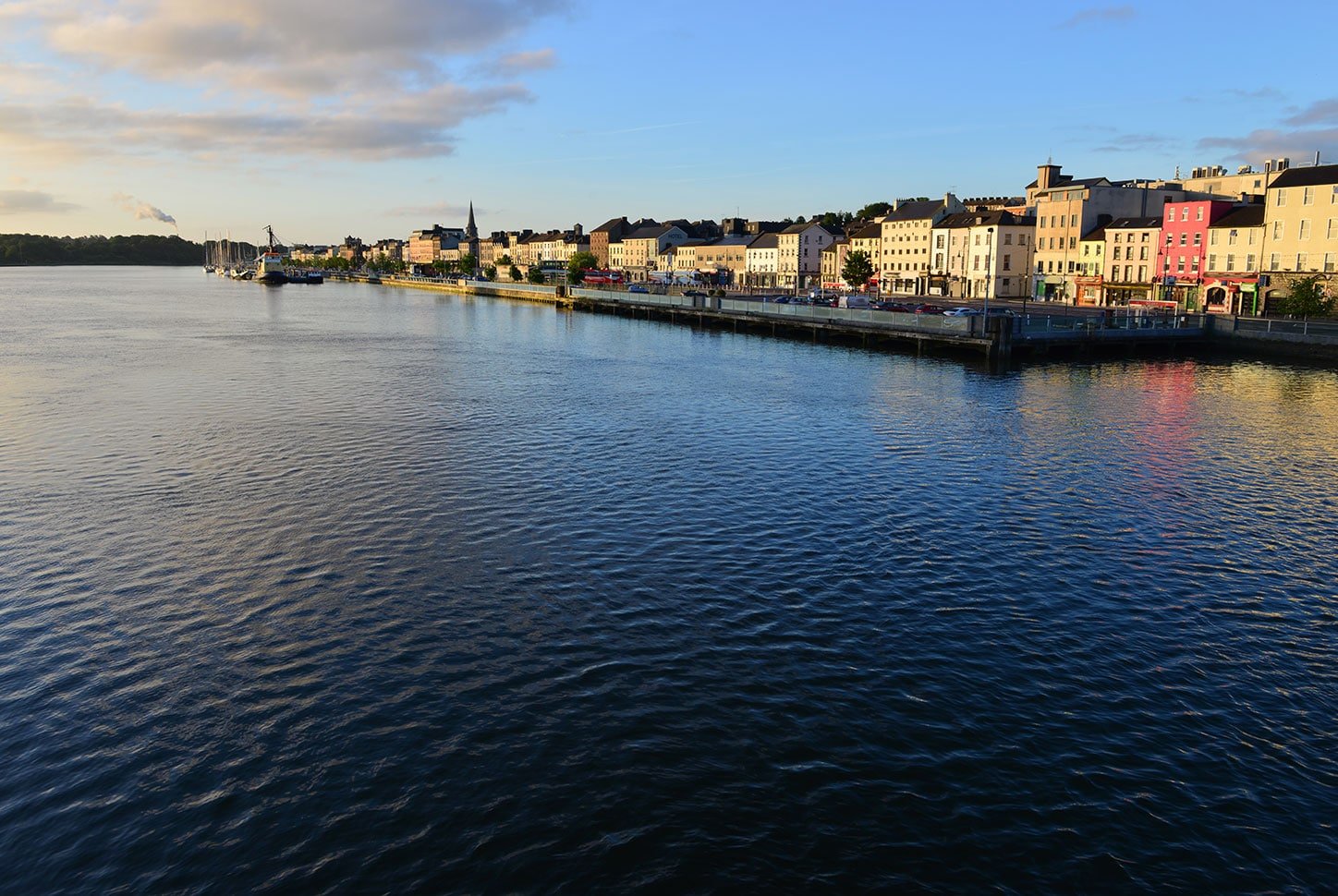
Frequently asked questions
What is counselling?
Counselling is the process of talking about personal problems on an ongoing basis. You and your counsellor will develop a relationship based on safety and confidentiality. At your own pace you can look at the impact the abuse has had on you, and counselling will help you to come to terms with your past and move forward to a more positive future.
Our counselling rooms
Is it completely confidential?
Anything disclosed within the counselling session is confidential. However, in common with most other agencies, we have 2 exceptions to confidentiality. These are:
If you inform you counsellor of ongoing abuse of a minor. Under Children First Legislation the Centre is obliged to report anyone who has abused in the past and still has access to/may be a danger to children currently.
If your counsellor becomes aware that you are at risk of harming yourself or others, or of committing a serious crime.
In both situations your counsellor will talk all of this through with you before any action is taken.
What should I do if I have been raped?
If you have been raped and want to report to the Gardaí, you should not wash or shower before having a forensic examination, as this will destroy evidence. You should also keep the clothes you were wearing when you were attacked.
If you do not wish to report to the Gardaí, you still need to see a doctor as soon as possible. While the idea of a physical examination may be distressing, you do need to look after your physical health, and it is important to have a pregnancy test and to arrange for screening for sexually transmitted infections. If you don’t want to see your own doctor, these services can be provided to you in the Sexual Assault Treatment Unit Tel: 051 842157.
Will I have to talk about the abuse in detail?
Some survivors feel they need to speak about what happened to them. However, you will not be pressured to tell in any way, and you decide when you are ready to do so. Others, however, don’t feel it is necessary to their recovery to relate the details of their abuse. You and your counsellor will together decide the best path for you.
If I contact your centre do I have to report to the Gardaí?
No. While it is a major concern of ours that so few victims report the crime to the Gardaí, and even though we encourage everyone to report, we are there to help you look at all your options. If you decide to report we will support you throughout the legal process. If your choice is not to report to the Gardai, then we totally respect that decision.
What should I do if somebody tells me they have been or are being sexually abused?
Encourage that person to seek help themselves. Look for support and information for yourself.
If it is a child who is being abused, you should contact your local Tusla office and tell them your concerns. The social worker will want to know the reasons you have for believing or suspecting that a child is being abused. S/he will then investigate the situation and take action, if necessary.
Is there a charge for counselling?
No, our services are provided free of charge. You can make a donation to the Centre if you wish.
Do you see children?
We see children from 14 to 17 years old, only with the permission of their parent or legal guardian. Help is also available for children through Tusla, the Child and Family Agency.
